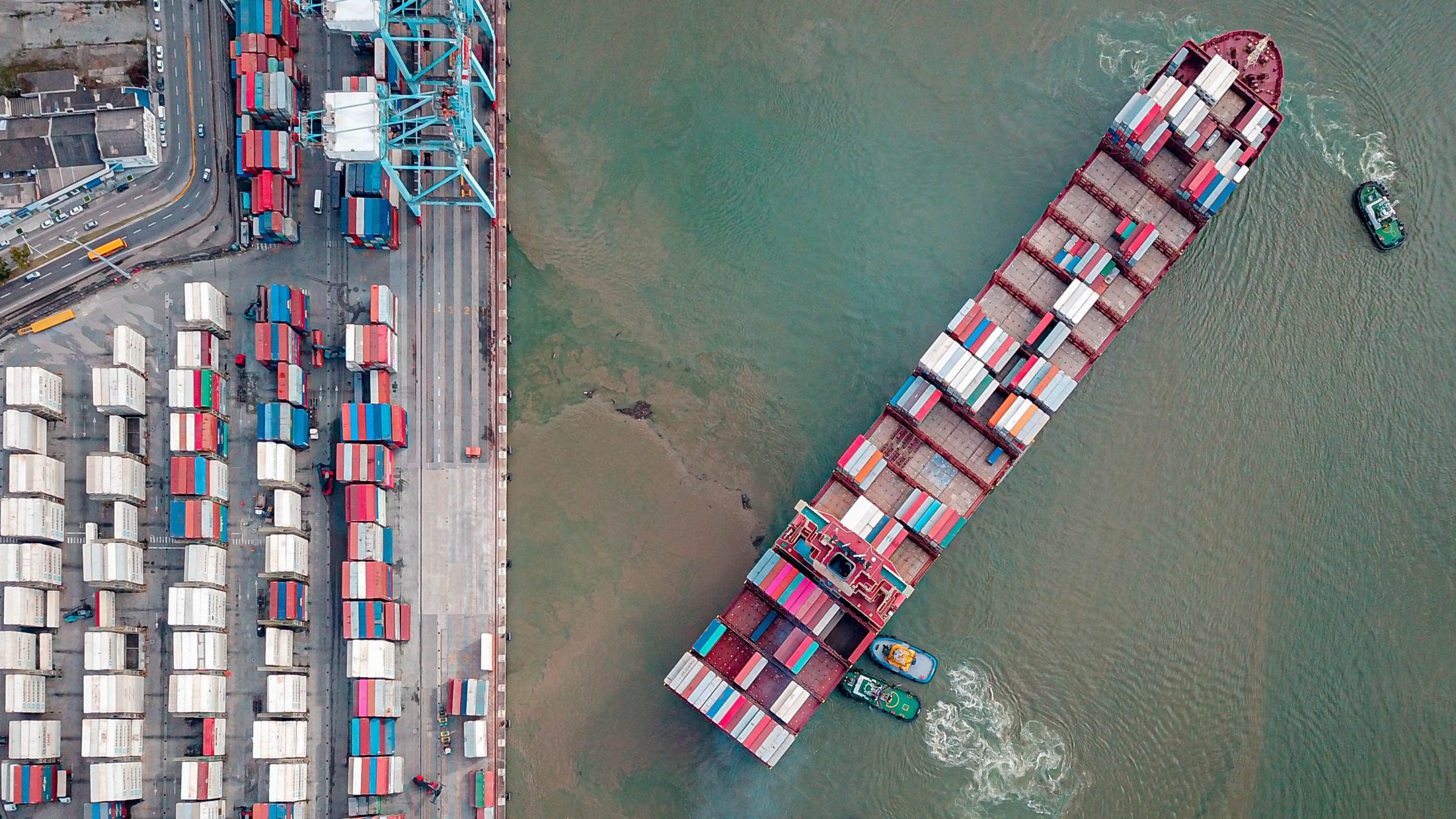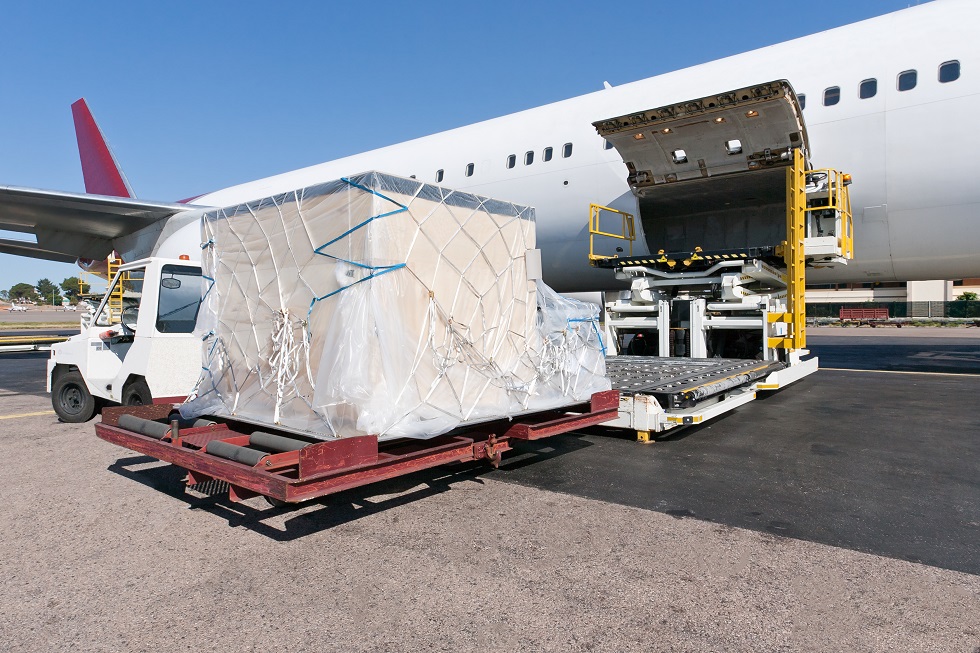International Freight Transport
Centrimex in Lebanon supports you in all your logistical procedures. As a freight forwarder based in the heart of the Lebanese Republic, in Beirut, Centrimex provides expert advice on selecting your shipping methods based on your deadlines, budget, type of goods, and the countries to be crossed to successfully complete your delivery.
Air, sea, or multimodal freight, freight insurance management, customs clearance, door-to-door delivery… We handle all logistical and customs formalities to ensure your imports and exports are carried out under the best possible conditions.
Freight Lebanon – Modes of Transport
- Air Freight via Beirut Airport
- Sea Freight to and from Lebanon, primarily through Beirut port (under reconstruction), Tripoli port, and Sidon port.
- Short-Sea Shipping within the Mediterranean Basin, with the possibility of sea groupage to consolidate freight from different shippers.
- Import-export via the United Arab Emirates, the Middle East’s regional logistics hub (also referred to as the “MENA region” or “Arab World”).
- Multimodal freight to combine the advantages of different shipping methods.
- Multimodal freight to optimize costs and transit times, by integrating various modes of transport along your route.
- Road freight with door-to-door service, including factory pickup and delivery with signature confirmation.
- Special requests: RoRo (roll-on/roll-off), transportation of hazardous materials, hydrocarbons, chemicals, and pharmaceuticals, as well as temperature-controlled container rentals.
Overview of Lebanon’s foreign trade
Understanding a country’s economic context is essential for identifying import-export opportunities and partnerships.
Lebanon’s geopolitical situation is a source of instability for imports and exports. However, the Lebanese diaspora has helped establish lasting global trade relationships. Even during times of crisis, the presence of Lebanese communities in Asia, Africa, the USA, and Europe facilitates foreign investments and import-export operations in Lebanon.

Lebanon’s imports
Lebanon imports more goods and services than it exports, primarily due to its heavy reliance on petroleum products. This dependence on oil is further exacerbated by the country’s use of fuel and diesel for electricity generation.
In 2022, 29% of Lebanon’s imports consisted of hydrocarbons (natural gas, fuel oil, diesel). However, with the exploration of new offshore hydrocarbon reserves in Cana, located within Lebanon’s Exclusive Economic Zone (EEZ), the Lebanese government hopes to soon reduce the burden of imports and partially meet domestic demand.
Who Exports to Lebanon?
China is the leading exporter to Lebanon, with trade relations dating back to the late 1950s. Chinese companies export petroleum, electronics, metals, machinery, and textiles to Lebanon. They also invest in major national projects, such as the expansion of the Port of Tripoli, which was funded by the China Harbour company.
Turkey is Lebanon’s second-largest supplier, accounting for 12.7% of its imports in 2022, followed by neighboring countries such as Syria and Iraq.
Many Mediterranean countries, such as Greece and Italy, actively engage in import-export operations to and from Lebanon, benefiting from the convenience of maritime freight.
Since 2006, a free trade agreement with the EU, known as the “EU-Lebanon Association Agreement” (or “AA EU-Lebanon”), has facilitated the export of European products to Lebanon.
Exporting from Lebanon
50% of Lebanese goods are exported directly to neighboring Middle Eastern countries.
According to Lebanese customs, jewelry and precious stones accounted for 23% of Lebanon’s exports in value in 2015. Lebanese jewelry craftsmanship is both ancient and renowned worldwide. Switzerland imports gold, jewelry, and diamonds from Lebanon, while South Africa primarily focuses on purchasing gold.
Lebanon also exports machinery and electrical equipment, such as electrothermal generators and large household appliances. These products represented 14% of the country’s exports in 2015. Larger machines exported from Lebanon often require oversized transport solutions.
Food Security Challenges
For over 7,000 years, Lebanon has been known for its fertile lands. The country has traditionally cultivated a wide variety of fruits, vegetables, and grains while raising its own livestock, including Awassi sheep, Baladi goats, and dairy cows. Between valleys, mountains, and plateaus, Lebanese farmers adapt their agricultural lands to the specific characteristics of the climate and topography. The main crops include tobacco (primarily in the south), barley, wheat, olives (in the north and around the Chouf mountains), bananas (along the coast), sugar beets, and grapes (in the Beqaa Valley). These agricultural products are predominantly exported to Saudi Arabia and other countries in the Arab League.
It is worth noting that Lebanon’s reserves of grains, livestock products, and dairy are insufficient to cover more than three months of domestic demand. Over 80% of Lebanon’s food supply is imported, with a significant portion of wheat coming from Russia and Ukraine.
Taxes and Customs Procedures
Market access conditions in Lebanon vary depending on the exporting country.
As a freight forwarder and licensed customs representative, Centrimex provides guidance on the customs dollar exchange rate* and supports you throughout your customs clearance procedures in Lebanon.
*The official exchange rate is used to recalculate customs duties in Lebanese pounds for goods imported in foreign currencies.
Your Centrimex Contact in Lebanon
Centrimex Beyrouth
lebanon@centrimex.com







